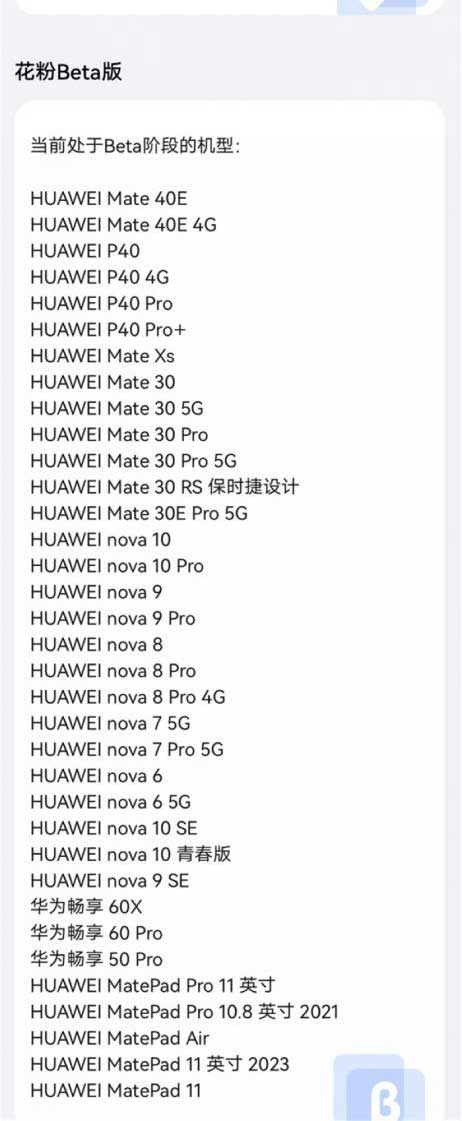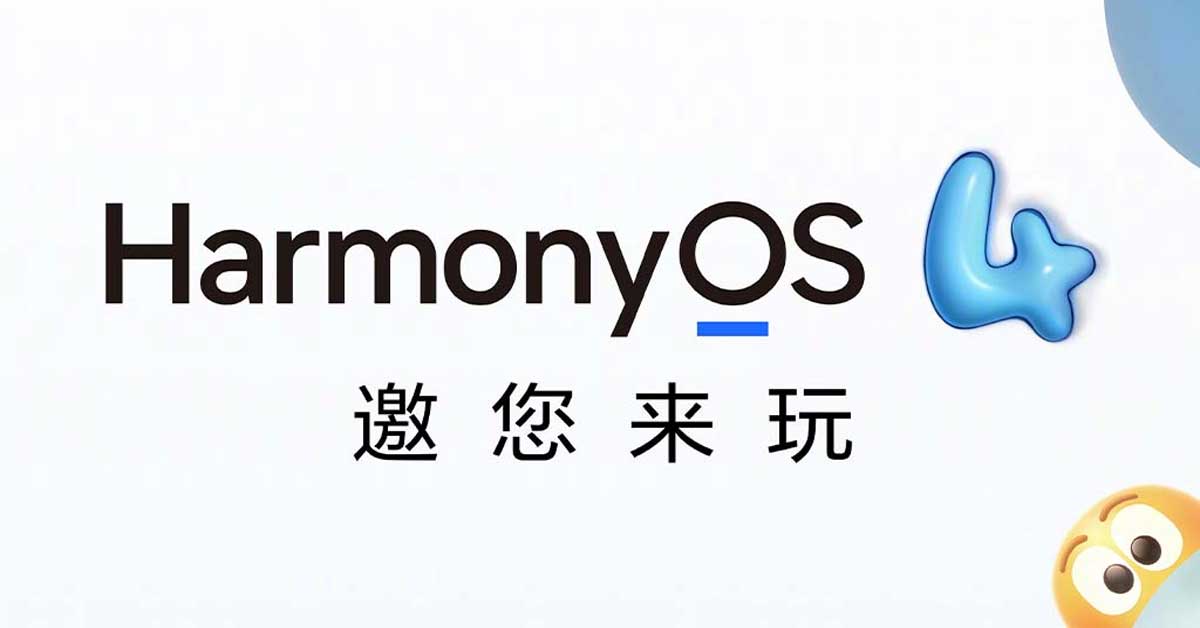Huawei recently announced the newest version of its mobile operating system, HarmonyOS 4, and an improved A.I. assistant. This is part of Huawei's efforts to rebuild the strength of its smartphone business.
The company has faced challenges from U.S. sanctions since 2019. These sanctions cut off Huawei's access to important technologies like 5G chips and software. This greatly hurt Huawei's global smartphone business, dropping it from being the top player.
The American restrictions blocked Huawei from using Google's Android operating system. This destroyed Huawei's smartphone sales outside of China.

In 2019, Huawei launched its own operating system called HarmonyOS. The goal was to replace Android. Huawei has kept developing new versions of HarmonyOS since then, hoping to regain some smartphone market share.
The launch of HarmonyOS 4 on Friday shows Huawei's determination to make its smartphone business strong again.
"Huawei's flagship smartphones are making a comeback," said Yu Chengdong, CEO of Huawei's consumer business. He said this during Huawei's Developer Conference 2023 on Friday.
Since 2019, Huawei has tried to regain market share in China. It has found some success. In the second quarter this year, Huawei's market share in China jumped to 13%. That's up from 7.3% during the same time in 2022. Huawei's smartphone shipments increased by 76% compared to last year.


Huawei is now focusing on the high-end or premium part of the smartphone market. The goal is to compete with Apple, rather than across all market segments.
"Huawei’s smartphones took the second spot in the high-end segment. So we are making a comeback with vengeance," said Yu.
In the market for phones priced above $600 in China, Huawei's share leaped to 18.4% in the second quarter. That's compared to 6.7% during the same time last year, according to IDC.
Huawei's concentration on high-end phones makes sense. Chinese consumers are generally willing to pay more for smartphones. Huawei's Mate X3 foldable phone and flagship P60 phone helped boost its share of the premium phone segment.
Even though Huawei can't get critical foreign chips, it plans to re-enter the 5G smartphone market by the end of this year, Reuters reported. Huawei expects to get 5G chips from domestic sources.
Most high-end phones can connect to 5G networks, which promise super fast internet. Huawei's flagship phones have been missing 5G connectivity because of the U.S. sanctions.
Sources: antutu.com / cnbc.com












